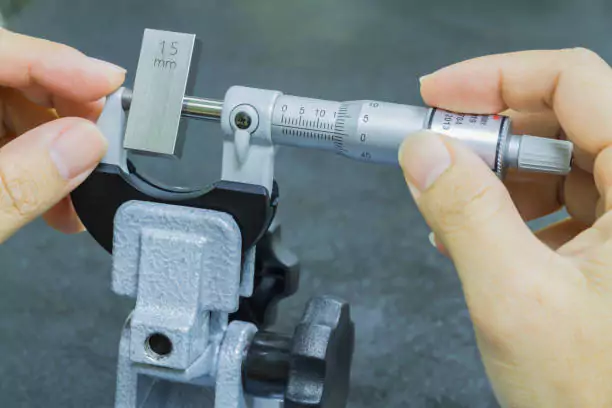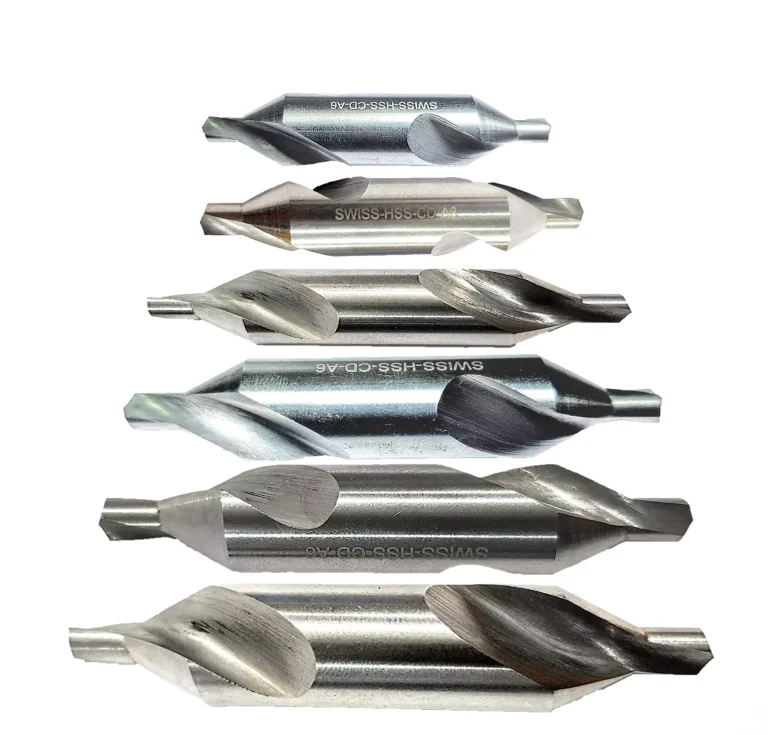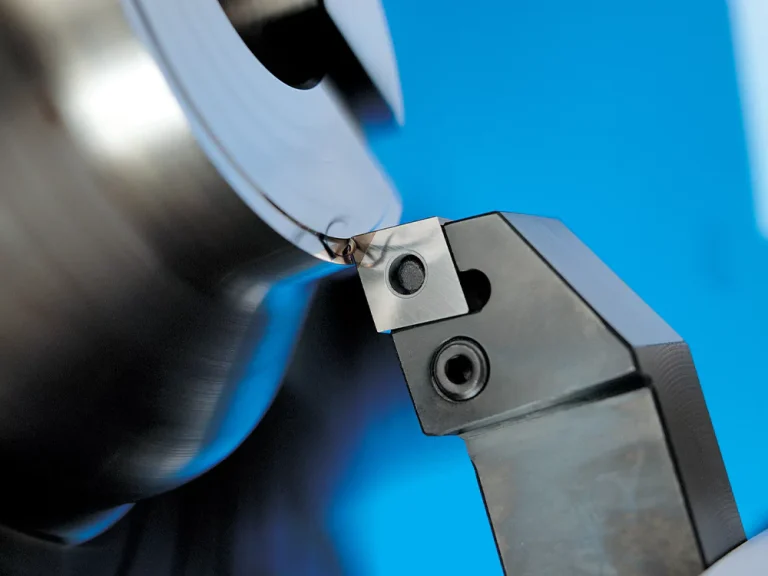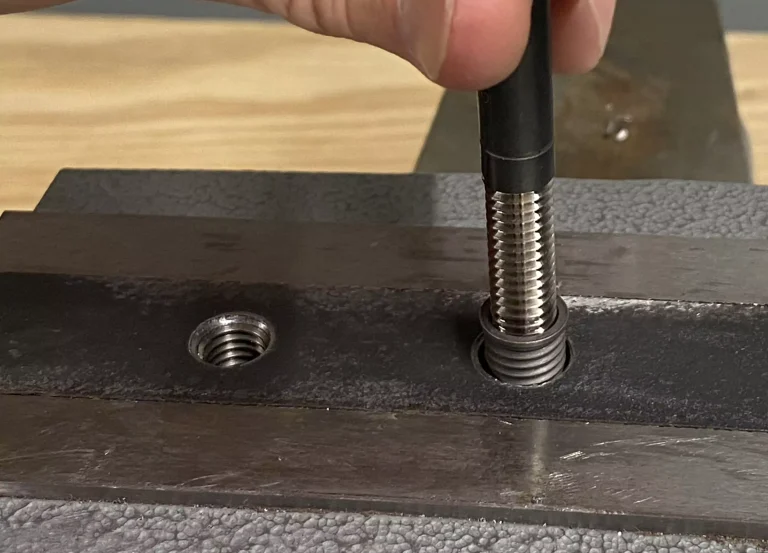Understanding the Concept of Accuracy
Definition of Accuracy
Accuracy is defined as the degree to which the result of a measurement conforms to the correct value or a standard. In simpler terms, it is the closeness of a measured value to a standard or known true value. In the context of everyday life, accuracy is evaluated by comparing results obtained from a measurement device or process to a known value or standards set by authoritative bodies.
Importance of Accuracy in Daily Life
The importance of accuracy in daily life cannot be overstated. From the simplest tasks like measuring ingredients for a recipe to more complex activities such as financial planning or scientific research, accuracy ensures that outcomes are predictable and reliable. Without accuracy, there would be chaos and inefficiency, leading to potential mistakes that could be costly in terms of time, money, and even safety. It enhances the credibility of information and decisions, paving the way for smooth operations in various fields.
The Crucial Role of Accuracy

Definition and Explanation
Accuracy plays a critical role not only in scientific realms but also in everyday activities and practical decisions. Its relevance spans different sectors, ensuring that the foundations of measurement and evaluations are sound and dependable, which is essential for effective functioning.
Measurement and Standard Value
Accurate measurements are fundamental to establishing trust and reliability. For instance, tools such as micrometers and gauge blocks are utilized to achieve minute precision in engineering fields. A micrometer, known for its fine resolution, measures small distances, thicknesses, or diameters with extreme precision, exemplified in the requirement of accurate measurements in manufacturing components that must fit together perfectly.
Example: Micrometer and Gauge Block
Gauge blocks, also known as slip gauges, provide a standard reference for length measurement. They are utilized to calibrate and verify the accuracy of precision instruments like micrometers. In industries where high precision is essential, such as in aerospace or automotive manufacturing, gauge blocks ensure that the measurements adhere to stringent standards, reducing the margin of error to an absolute minimum.
Reliability and Truthfulness of Measurements
Reliability and truthfulness hinge on accuracy. For any process or measurement to be deemed reliable, the outcomes must be consistent and truthful over repeated trials. In scientific research, for example, the accuracy of measurements directly impacts the validity of experimental results. Ensuring accuracy bolsters confidence in findings, enabling advancements in knowledge and technology with dependable data as the bedrock.
Role of Accuracy in Human Survival and Success
In many aspects of human life, accuracy directly correlates with survival and success. Consider medical dosing – the precision in administering medication is a matter of life and death. Overdosing or underdosing due to inaccurate measurements can have dire consequences. Moreover, accurate financial budgeting allows individuals and businesses to make informed decisions, avoiding wastage and optimizing resource use.
The Impact of Accuracy on Everyday Life
Ensuring Fairness in Trade
Accuracy is pivotal in maintaining fairness in trade, fostering trust between consumers and businesses, and ensuring that transactions are conducted uniformly and justly.
Consumer Goods and Measurements
Consumer trust is built on the accuracy of measurements in goods sold. For instance, when buying packaged goods, the weight stated on the package must be accurate and consistent with what’s inside. This accuracy ensures that consumers receive the value they pay for, contributing to satisfaction and trust in the brand.
Government Regulations
Government regulations mandate accuracy in trade to protect consumers from fraud. Legal standards for measurement and weight, such as those enforced by weights and measures authorities, are designed to ensure fairness. These regulations require that all measurement devices be accurately calibrated and regularly inspected to prevent deceptive practices.
Legal-for-Trade Applications
Devices classified as “legal-for-trade,” such as supermarket scales or fuel pumps, must meet stringent accuracy standards. These devices undergo rigorous testing and certification to confirm they provide accurate measurements. This ensures that businesses do not shortchange consumers and that customers can rely on the measurements provided.
Decreasing Safety Risks
The importance of accuracy extends to decreasing safety risks, ensuring that everyday tasks are performed without compromising safety.
Importance in Daily Tasks
Accuracy in daily tasks such as driving or cooking ensures that safety is not compromised. For instance, precise measurements in recipes prevent culinary mishaps, while accurate readings of speedometers and fuel gauges in vehicles promote safe driving habits.
Example: Torque Wrenches and Vehicle Safety
In vehicle maintenance, tools like torque wrenches need to be accurately calibrated to apply the correct amount of force. Over-tightening or under-tightening bolts can lead to mechanical failures. Accurate torque measurements ensure parts are securely fastened, which is crucial for vehicle safety, avoiding potential accidents or breakdowns.
Ensuring Quality in Manufacturing
Precision in manufacturing processes is vital to maintaining product quality and uniformity.
Impact on Consumer Goods
Manufactured goods, ranging from electronics to household items, rely on precise specifications. Accuracy in the manufacturing process ensures that products meet defined quality standards, leading to better performance and longevity, which in turn boosts consumer satisfaction and brand reputation.
Establishing Uniformity in Products
Uniformity in products is achieved through precise measurements and standards. Accurate manufacturing processes ensure that each unit produced meets the same specifications, reducing defects and inefficiencies. This uniformity is essential for interchangeable parts, particularly in sectors like automotive and technology where component compatibility is critical.
Enabling Better Decision Making

Accurate data facilitates better decision-making, impacting both mundane and critical choices in everyday life.
Everyday Decisions
From financial budgeting to choosing medication dosages, everyday decisions benefit from accuracy. Accurate budgeting allows for better management of resources, while correct dosages prevent health complications. Tools like digital platforms and apps that provide precise data further empower individuals to make informed choices.
Life-Saving Situations
In life-threatening scenarios, accuracy can mean the difference between life and death.
Example: Surgical Incisions
During surgery, the precision of incisions and measurements can drastically affect patient outcomes. Surgeons rely on accurate tools and techniques to ensure that procedures are performed correctly, minimizing risks and improving recovery times. A slight error in measurement can lead to severe complications, highlighting the indispensable role of accuracy in healthcare.
Protection Against Fraud, Danger, and More
Peace of Mind in Purchasing Goods
Accurate measurements and quality control guidelines provide peace of mind for consumers, knowing that they receive what they paid for.
Quality Control Guidelines
Reliability in measurements is the cornerstone of quality control in manufacturing. Products that meet stringent quality control guidelines assure consumers of their safety and effectiveness. This builds trust in brands and promotes repeat purchases, essential for business success.
Importance of Calibration
Regular calibration of measuring instruments is vital to maintain their accuracy and reliability over time.
Example: Scales and Service Dates
Retail scales in grocery stores are regularly calibrated to ensure accurate weight measurements, abiding by regulatory standards. Businesses often display service dates to assure customers that their equipment is correctly maintained, fostering trust and preventing disputes over inaccurate measurements.
Ensuring Safety in Vehicle Maintenance
Accuracy in vehicle maintenance ensures the longevity and reliability of vehicles, protecting lives and property.
Calibration of Measurement Equipment
Automotive service centers regularly calibrate their equipment, ensuring accurate diagnostics and maintenance. This includes wheel alignment tools, tire pressure gauges, and engine diagnostic machines. Accurate calibration prevents mechanical failures and extends the life of the vehicle.
Role of Mechanics and Accuracy
Mechanics play a pivotal role in vehicle safety, relying on precise measurements and tools. Their expertise ensures that every part of the vehicle, from the brake system to the engine, functions correctly. Accuracy in their work prevents accidents, ensuring that vehicles operate safely on the road.
Recap of the Significance of Accuracy
Summary of Accuracy’s Importance
Accuracy is fundamental in various aspects of life, from enhancing safety and quality in manufacturing to enabling fair trade practices and reliable measurements. It underpins trust in consumer transactions, safeguards against fraud, and assures uniformity and reliability in products and services.
Encouragement to Value and Check Accuracy in Daily Life
Given its significant impact, it is essential to value and check accuracy in daily activities. Whether calibrating tools or measuring ingredients, attention to accuracy ensures that tasks are performed correctly and safely. By prioritizing accuracy, individuals and businesses can enhance productivity, promote safety, and ensure quality in everyday life.



